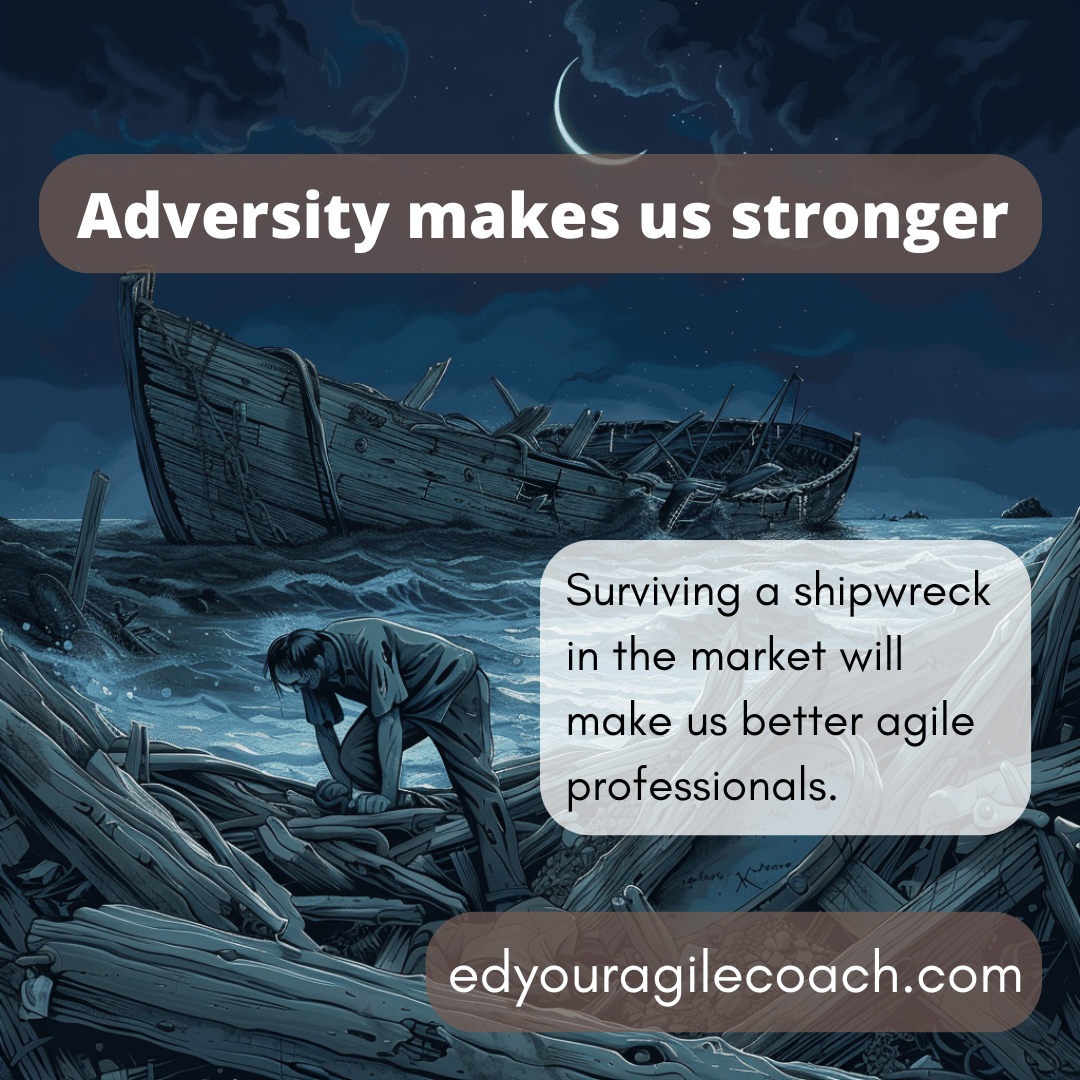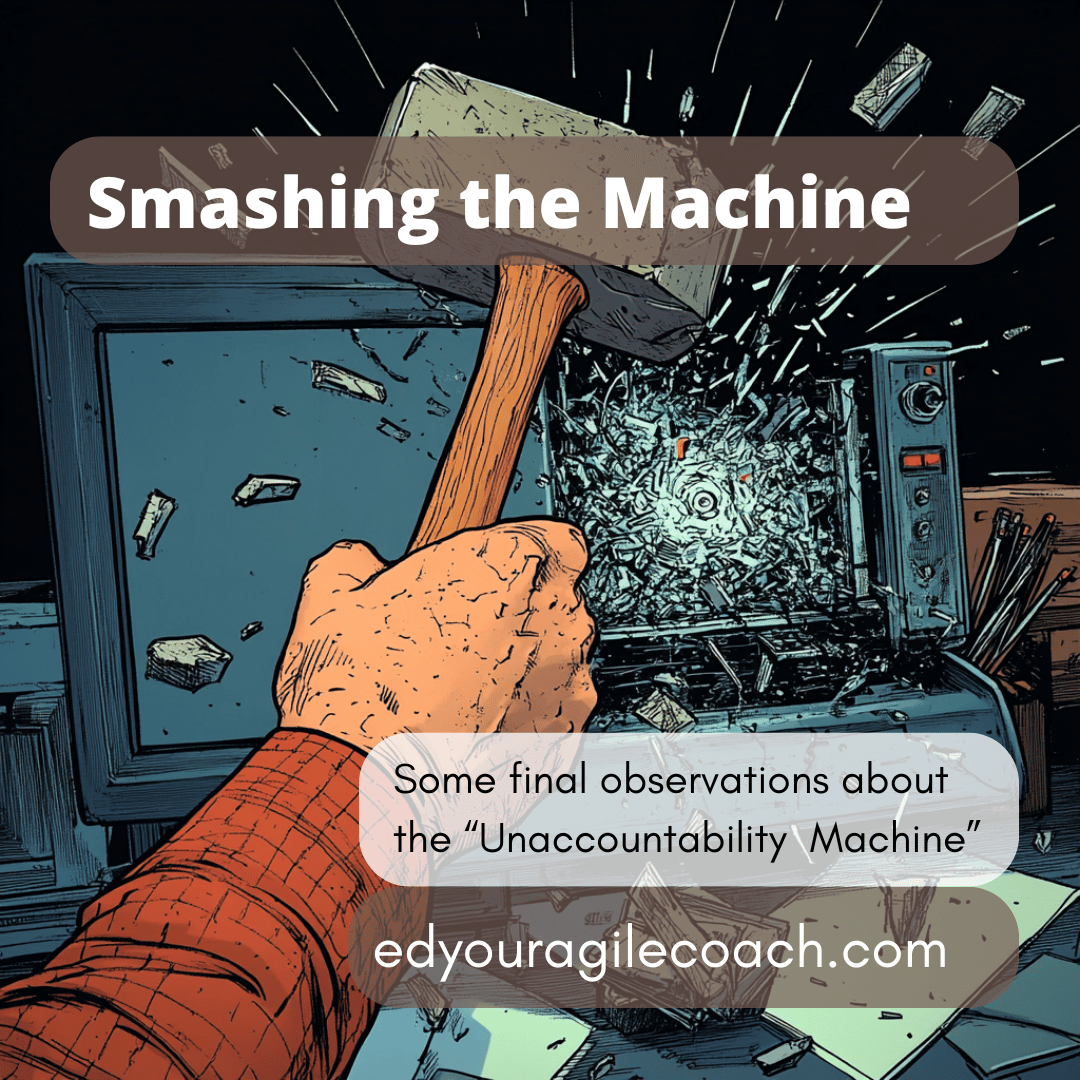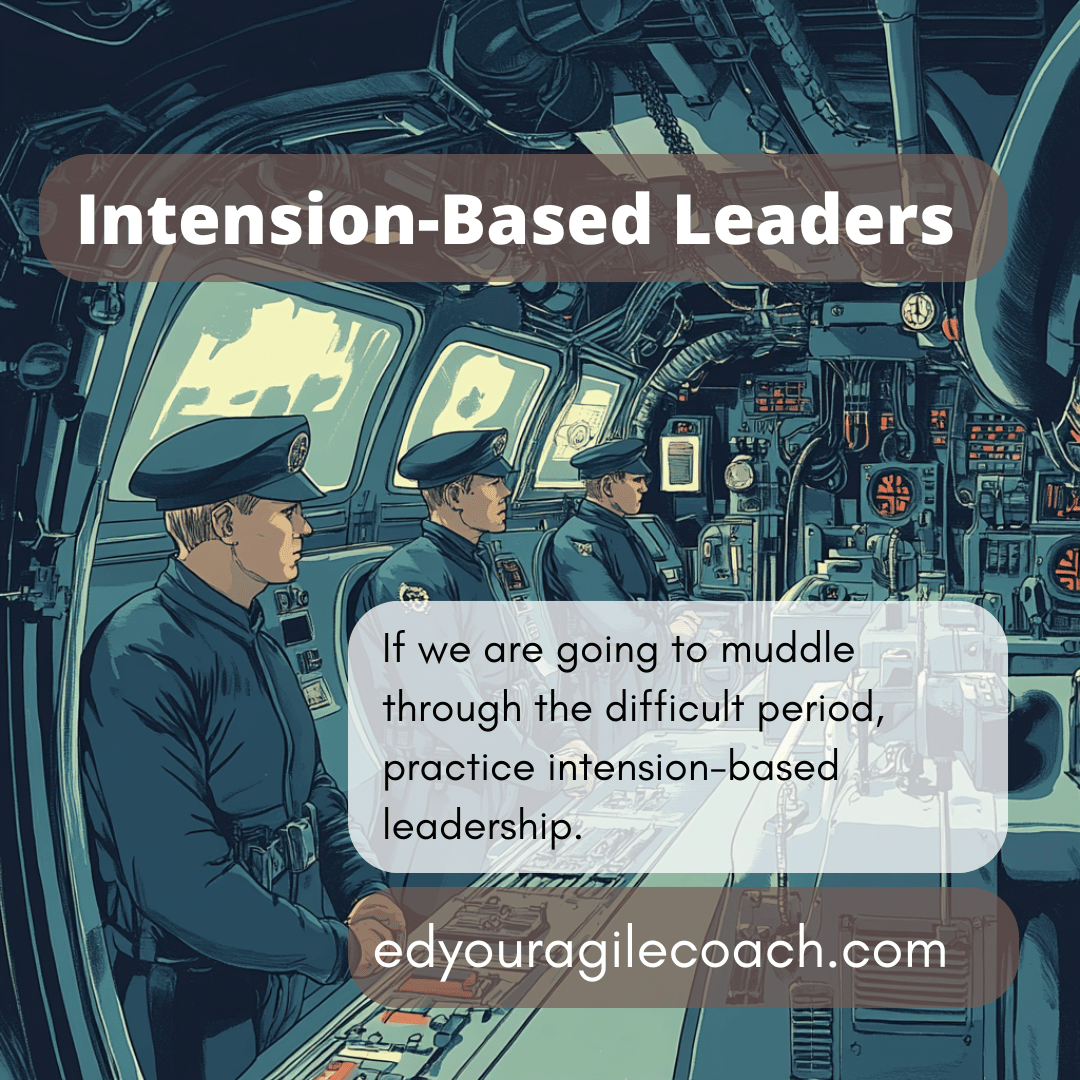Weathering the adversity

The Agile community is facing upheaval and challenges unlike anything in its lifetime. We have reached a peak period of agile adoption, and business leaders are demanding results. Confronted with an uncertain regulatory environment and political turmoil, executives are casting about looking for anything to provide certainty. In his book, "Doing Capitalism in the Innovation Economy," William H. Janemy says that business people demand cash and control in difficult times. Agile and Scrum are destabilizing the status quo in many businesses, so the professionals leading this reformation face resistance and rejection like never before. These headwinds of adversity are something that the movement must withstand because it will make us better at what we do and deliver the balance business people require.
The last six months have been a topsy-turvy time for the economy. Unemployment rates are low, but technology professionals like myself have endured a more precarious environment. I have suffered two bouts of unemployment, and my old employer laid off my entire division. While navigating this difficulty, I have received calls from old colleagues asking for help finding work.
Many project management and agile professionals feel shipwrecked as they cling to each other desperately to keep their heads above water. This reminds me of the painting "The Raft of the Medusa," in which the shipwreck survivors confront hunger, thirst, cannibalism, and despair on a life raft before rescue. It feels that bleak.

Times like this feel lonely for professional people. For our entire lives, we have internalized the lessons of being personally responsible for our careers. Economic conditions and business leaders' arrogance have placed all of that in doubt. Our expertise is considered expendable and inconvenient. The struggle to remain relevant in the global economy is of significant urgency.
I am fortunate to receive a grant for additional training and credentials, which will make me more employable, and I am doing my part to help others where I can. In times of adversity, it is up to each of us to help one another. This kind of unavoidable suffering should drive members of the agile movement toward a more pragmatic approach to solving problems.
Looking ahead, I am optimistic that this upheaval in the business world will serve as a filter, removing those who were in the agile movement for the wrong reasons. Those of us who are genuinely committed to making businesses better will continue our journey. Business executives will also realize that they can no longer shift blame for their decisions onto others. Boeing's current situation is a testament to this. I hope this realization spreads across the business world, leading to a more accountable and transparent future.
It is easy to destroy things. The real challenge is to build new things with diverse groups of people. Adversity is a process of strengthening resolve. It is also a means to bond with people and accomplish a joint mission. When this adversity is over, those left will be stronger, more dedicated, and committed to improving work. In the meantime, we must count on each other and not rely on cannibalism to make it to the next day.
Until next time.




Comments ()